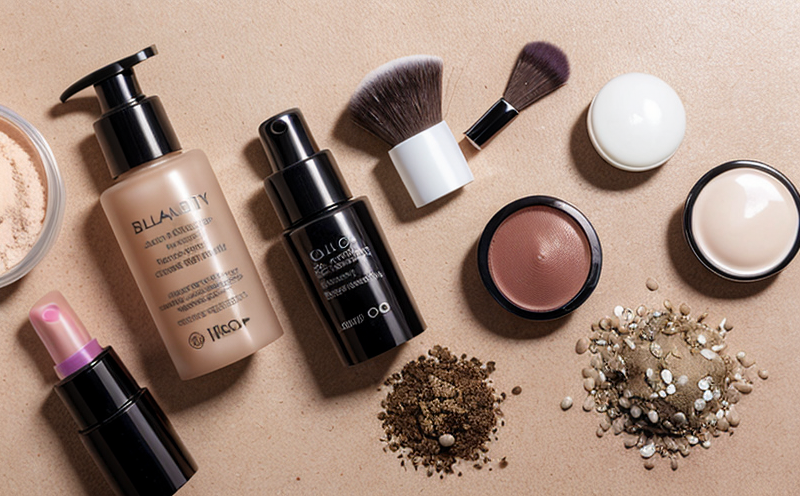Recyclability Testing of Cosmetic Packaging
The demand for sustainable and eco-friendly cosmetic packaging has grown exponentially in recent years. As consumers become more environmentally conscious, brands are under increasing pressure to adopt recyclable materials that minimize their ecological footprint. Recyclability testing is crucial in ensuring that the packaging used by cosmetics companies can be effectively recycled without compromising product quality or consumer safety.
Recycling rates for plastic and other non-biodegradable materials are already low, particularly in many parts of the world where recycling infrastructure is limited. By investing in recyclable packaging, cosmetic brands not only comply with environmental regulations but also enhance their brand image and marketability to eco-conscious consumers. Recyclability testing goes beyond ensuring that a material can be recycled; it involves assessing its compatibility with existing recycling processes, its impact on product integrity during the recycling process, and its overall sustainability.
During recyclability testing, we examine various factors such as chemical stability, mechanical properties, and thermal behavior of packaging materials. This testing ensures that when a cosmetic product is disposed of in a recycling bin, it does not interfere with the recycling process or contaminate other materials. Additionally, we evaluate how well the material holds up during sorting processes at recycling facilities.
The testing process involves several stages. Initially, raw materials are selected based on their potential recyclability and biodegradability. These materials undergo rigorous chemical analysis to assess their properties under different environmental conditions. Following this, samples of the packaging are subjected to mechanical stress tests to determine how well they withstand typical handling in a recycling facility.
Once the initial testing is complete, we conduct more comprehensive tests that simulate real-world recycling scenarios. These tests include high-temperature incineration, chemical dissolution, and physical crushing to replicate conditions faced during industrial recycling processes. By doing so, we can identify any weaknesses or issues with the packaging material that could hinder its recyclability.
Another important aspect of this testing is ensuring compatibility with existing recycling streams. Many countries have specific guidelines regarding which types of plastics and materials are accepted for recycling. It’s essential to ensure our clients’ products meet these standards while also being as environmentally friendly as possible.
In summary, recyclability testing plays a pivotal role in advancing the sustainability efforts within the cosmetics industry by promoting the use of eco-friendly packaging solutions that can be effectively recycled without causing harm to the environment. This testing ensures that cosmetic brands are meeting both regulatory requirements and consumer expectations for sustainable practices.
Scope and Methodology
| Method | Description |
|---|---|
| Initial Material Analysis | Chemical analysis to evaluate the properties of raw materials. |
| Thermal Stability Testing | Determination of how well a material maintains its integrity under high temperatures. |
| Mechanical Stress Tests | Evaluation of the packaging's ability to withstand typical handling in recycling facilities. |
| Simulated Recycling Conditions | Testing under conditions that mimic real-world industrial recycling processes. |
Why Choose This Test
- Regulatory Compliance: Ensures adherence to international standards and local regulations aimed at promoting sustainable practices.
- Enhanced Brand Reputation: Demonstrates a commitment to environmental responsibility, enhancing brand loyalty among eco-conscious consumers.
- Increased Recycling Rates: Improves the recyclability of packaging materials, increasing overall recycling rates and reducing waste.
- Product Integrity: Ensures that the packaging remains intact during recycling processes, maintaining product quality and safety.
Environmental and Sustainability Contributions
- Reduces Waste: By promoting recyclable materials, we help reduce the amount of waste sent to landfills and incinerators.
- Promotes Circular Economy: Encourages a closed-loop system where packaging is reused or recycled rather than disposed of as waste.
Incorporating recyclable materials into cosmetic packaging not only benefits the environment but also aligns with global sustainability goals. By investing in recyclability testing, companies can contribute to a more sustainable future while maintaining high standards of product quality and safety.





